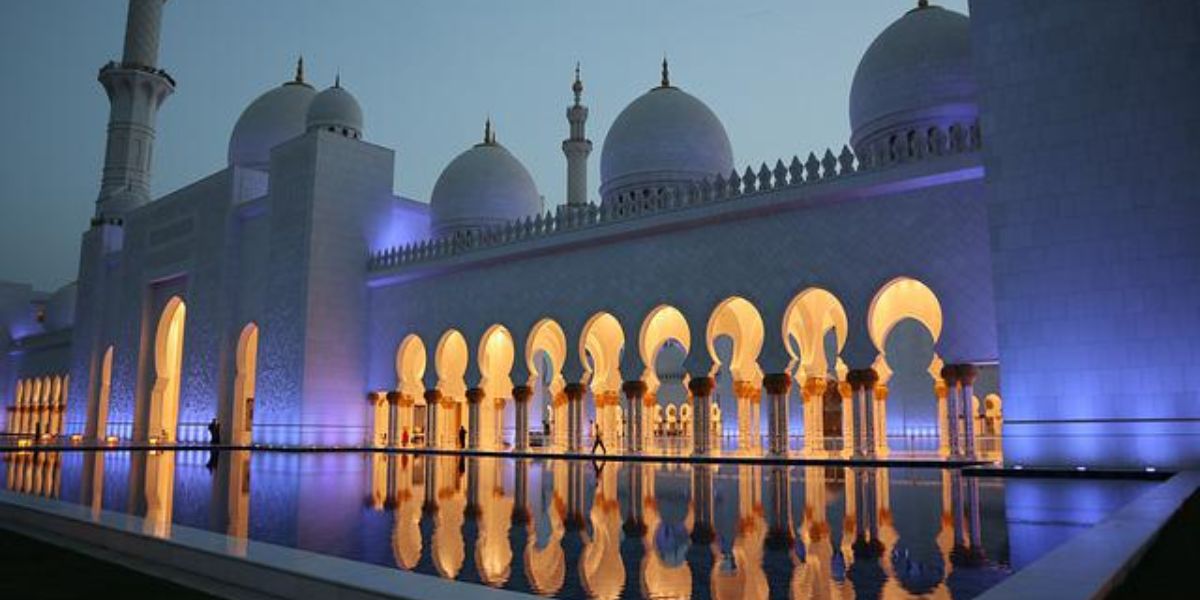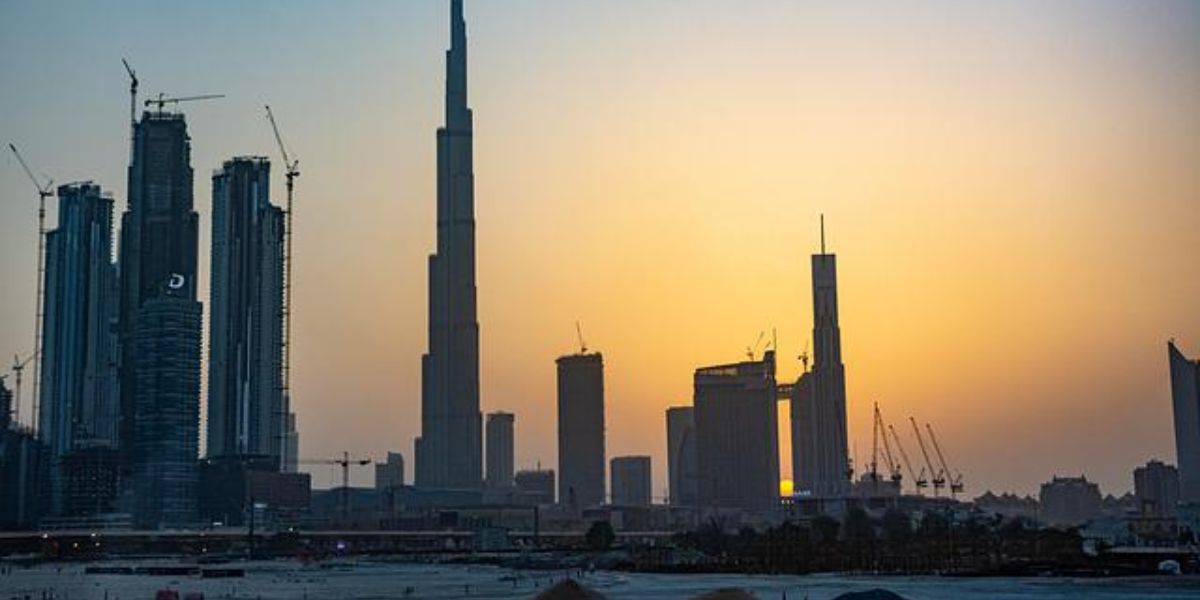On 9 May 2016 the IMF issued a report following the conclusion of discussions with the United Arab Emirates (UAE) under Article IV of the IMF’s articles of agreement.
The IMF comments that the UAE is in a good position to face the oil price shock owing to strong macroeconomic policies. The economy is more diversified and with strong fiscal buffers. Economic growth is expected to become more moderate in 2016 with non-hydrocarbon growth projected at 2.4%. Growth is however expected to improve in the medium term supported by increased investment ahead of Word Expo 2020 hosted in Dubai.
Macroeconomic policy could focus on gradual fiscal consolidation. Public investment should be maintained but made more efficient. The plans to introduce a value added tax (VAT) and to increase excise taxes should be implemented in a timely manner and the remaining energy subsidies should be phased out gradually.
The IMF supports the government’s intention to further diversify the economy away from oil. Structural reforms should aim to further develop the private sector, transition to a knowledge-driven economy and promote export sectors. These reforms could include relaxation of restrictions on foreign ownership; promoting competition and innovation; easing the access to finance for start-up businesses and small and medium enterprises (SMEs) and creating appropriate incentives for entrepreneurship and creation of employment.













